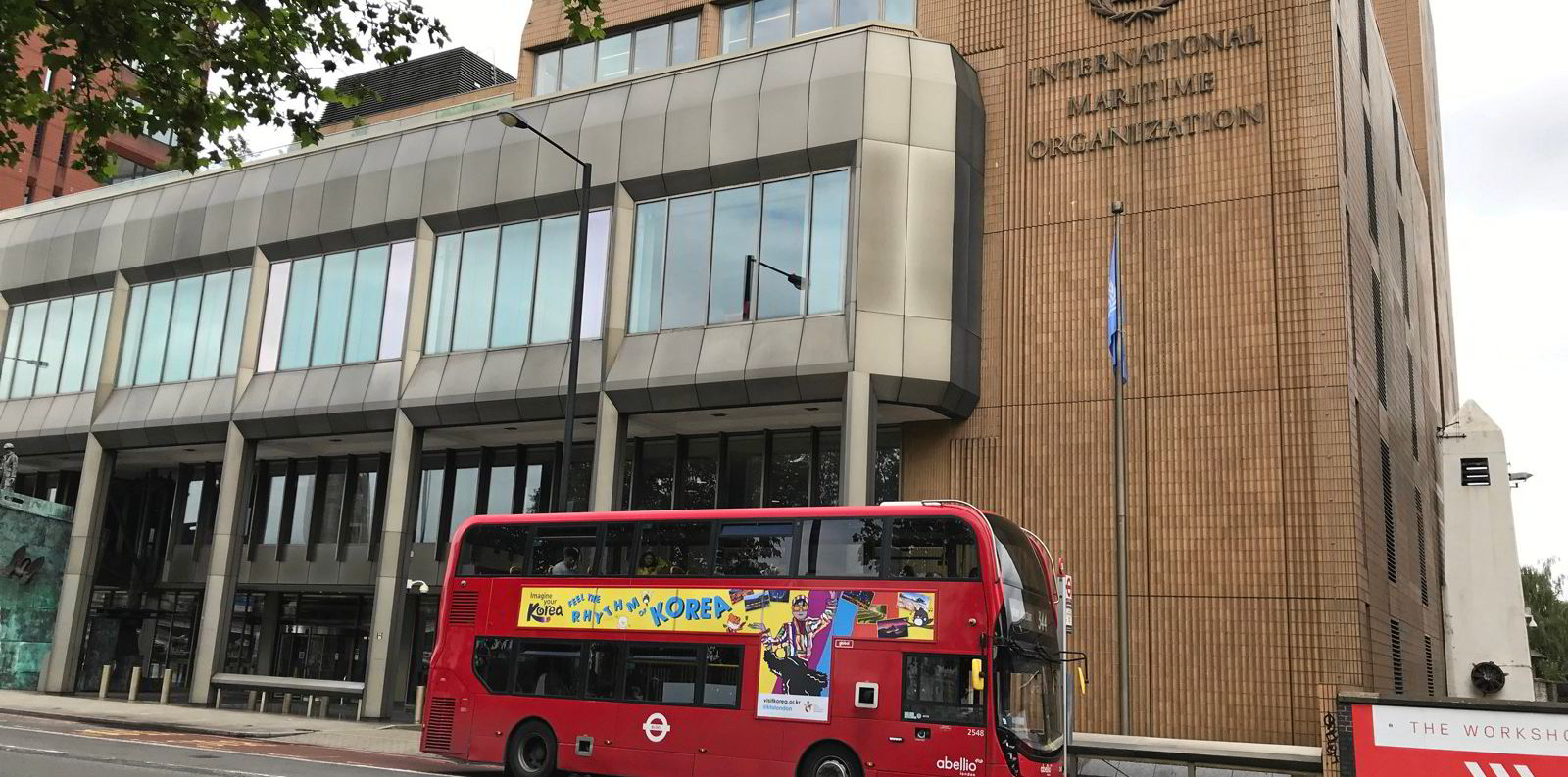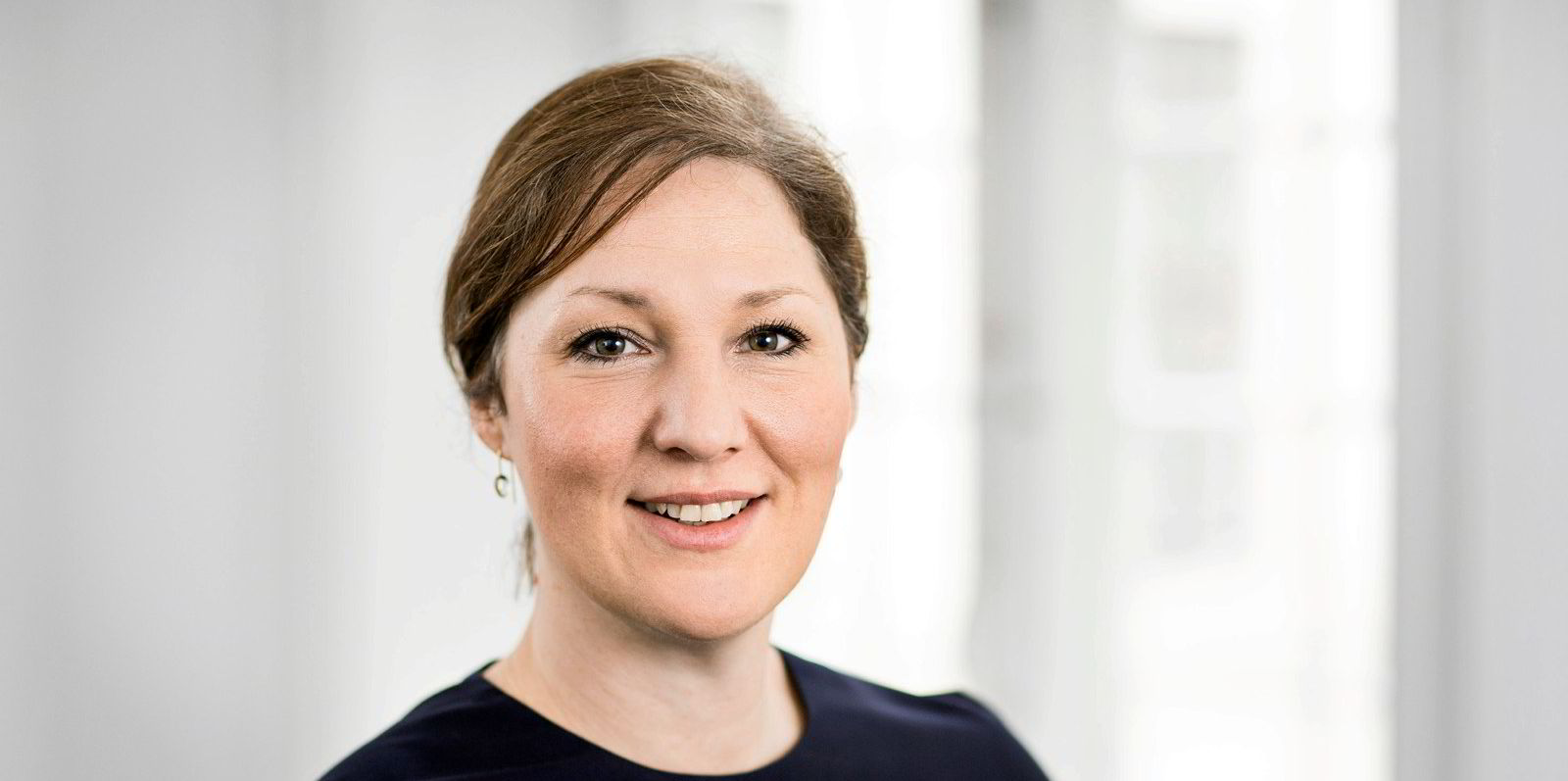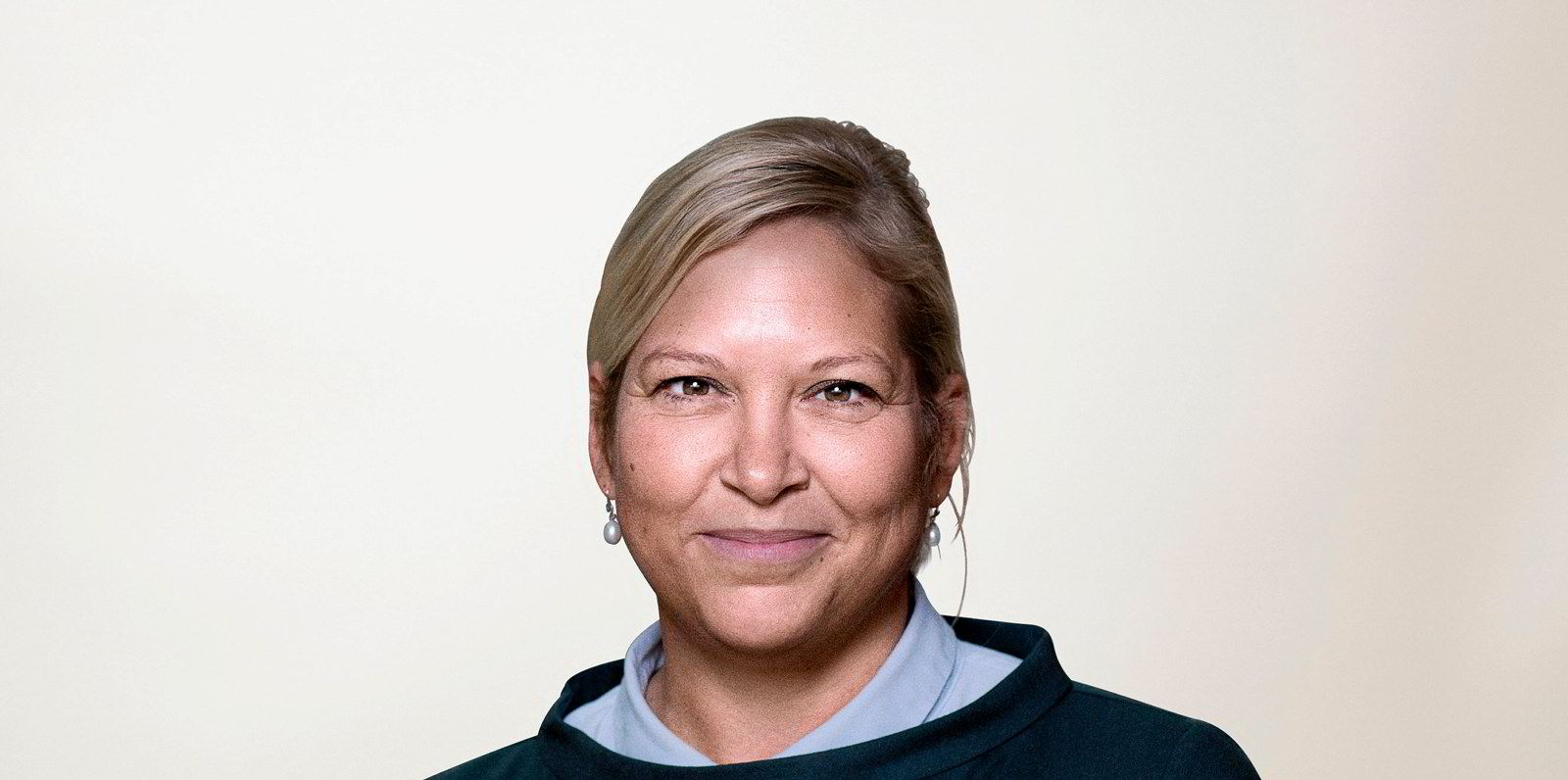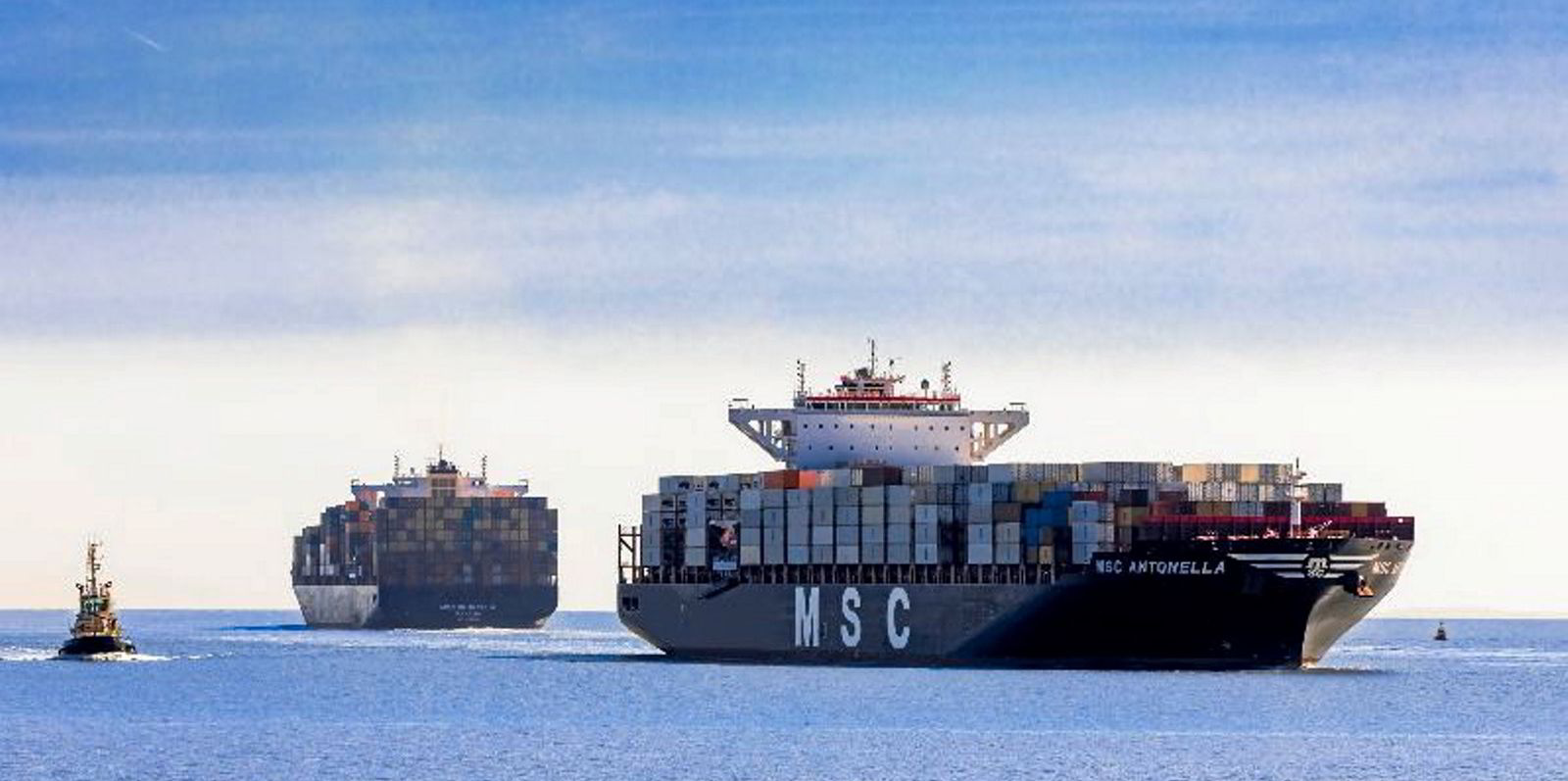Signatories to the Global Maritime Forum's Getting to Zero Coalition have offered what it describes as full disclosure on their members' own commitments to decarbonisation.
The move comes after the group of more than 150 leading companies in the shipping sector signed up to the Call to Action for shipping decarbonisation ahead of the United Nations Climate Change Conference (COP26). They called on governments to target zero shipping emissions by 2050.
The International Maritime Organization is currently targeting a 50% reduction in greenhouse gas emissions by 2050 compared to 2008 levels.
The Call to Action signatories said they wanted incentives such as market-based measures put in place to accelerate the shift over to zero-emissions fuels, and for a clear and fair road map to decarbonisation to be drawn up by governments.
But the Getting to Zero audit of the 150 signatories of Call to Action showed that only 80 of them, or just over half, are currently offering full transparency on greenhouse gas emissions performance.
The group said that emissions transparency is the "necessary first step in shipping decarbonisation".
But the Global Maritime Forum pointed out that 25 members were made up of associations and groups that would not be expected to be involved in carbon accounting.
It highlighted the work of Eagle Bulk Shipping, through the Sea Cargo Charter, in monitoring the performance of its chartered fleet. The Port of Amsterdam has also developed a model for reporting on sea and inland sea emissions.
Falling short
Most of the group's members also appear to be falling short of the commitments that they are now demanding from governments.
Six signatories said they are aiming at full decarbonisation by 2040 and only 46, less than one third, said that they planned to achieve full decarbonisation by 2050.
Global Maritime Forum spokesman Kasper Sogaard said that the Call to Action group is calling for revised goals so its members can set ambitious targets.

"Once we have the clear regulation, we will be able to make the commitment," he said.
Cargill Ocean Transportation said it will reduce the carbon intensity of its deepsea transport operations by 30%, compared with its 2017 baseline, and complete decarbonisation by 2050.
US bank Citi is committed to net zero greenhouse gas emissions by 2050.
The Call to Action group has scored a high number of actions among its members. Its 150 signatories having made, or will make, 440 climate actions and commitments related to decarbonisation.
It said 70 signatories have reported at least one research, development, and demonstration action, with a total of 98 actions.
There are also 45 actions related to the ordering of zero-emission vessels, while 54 companies said they are willing to operate such vessels.
AP Moller-Maersk's order for eight 16,000-teu containerships using carbon neutral methanol is highlighted as an example investment in zero-emission ships.
The report also cites one of the world's largest shipping companies Mitsui OSK Lines' commitment to operate net zero emission vessels this decade.
Seven members said they had achieved full onshore decarbonisation and 13 hope to reach that target by 2030.
The Getting to Zero Coalition said its report "reflects a high-level of activities in the private sector taking the first necessary steps for shipping decarbonisation".






